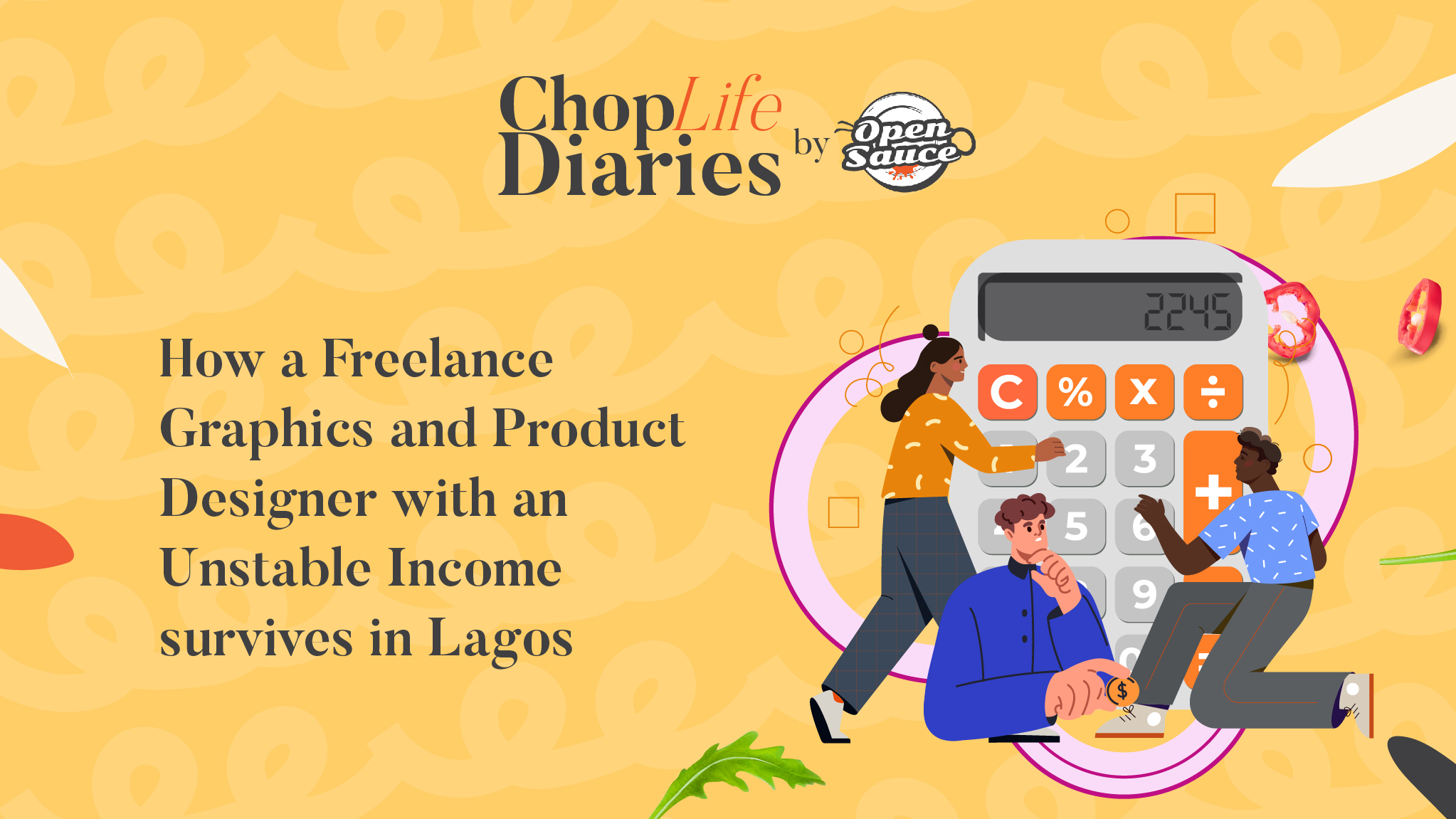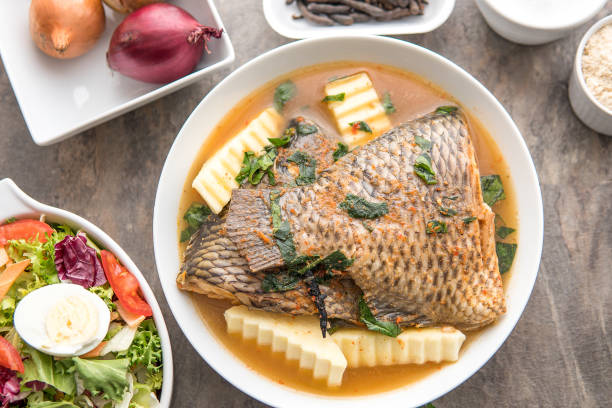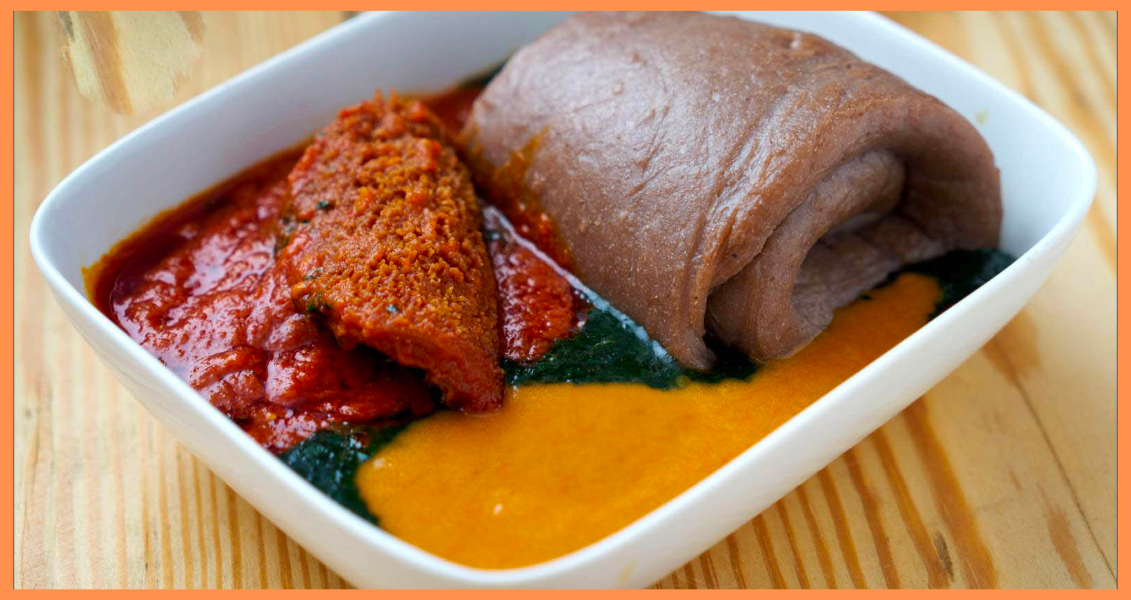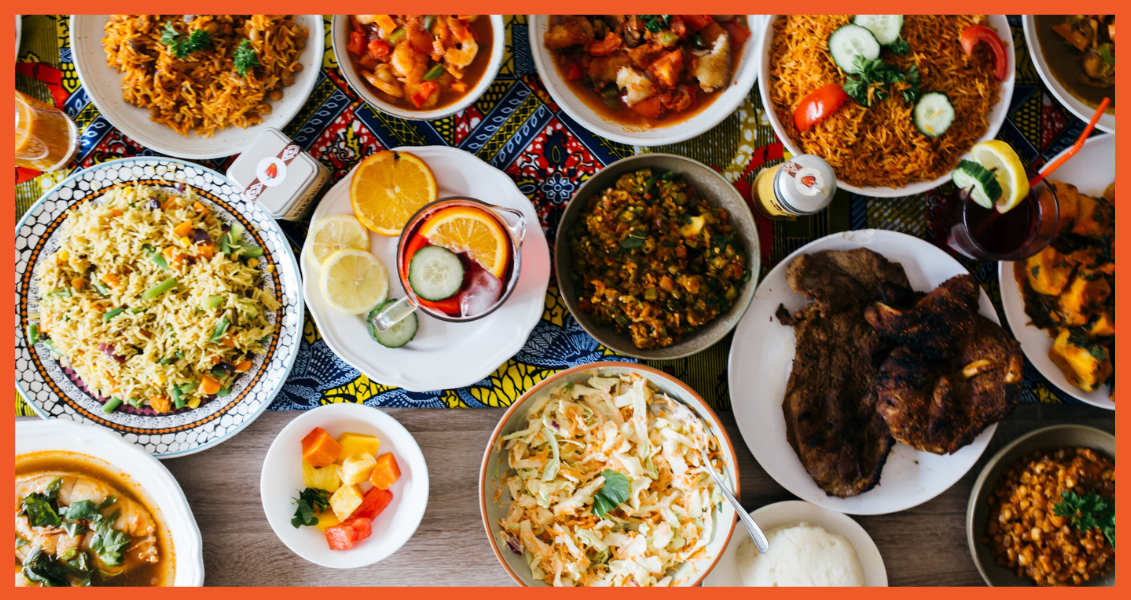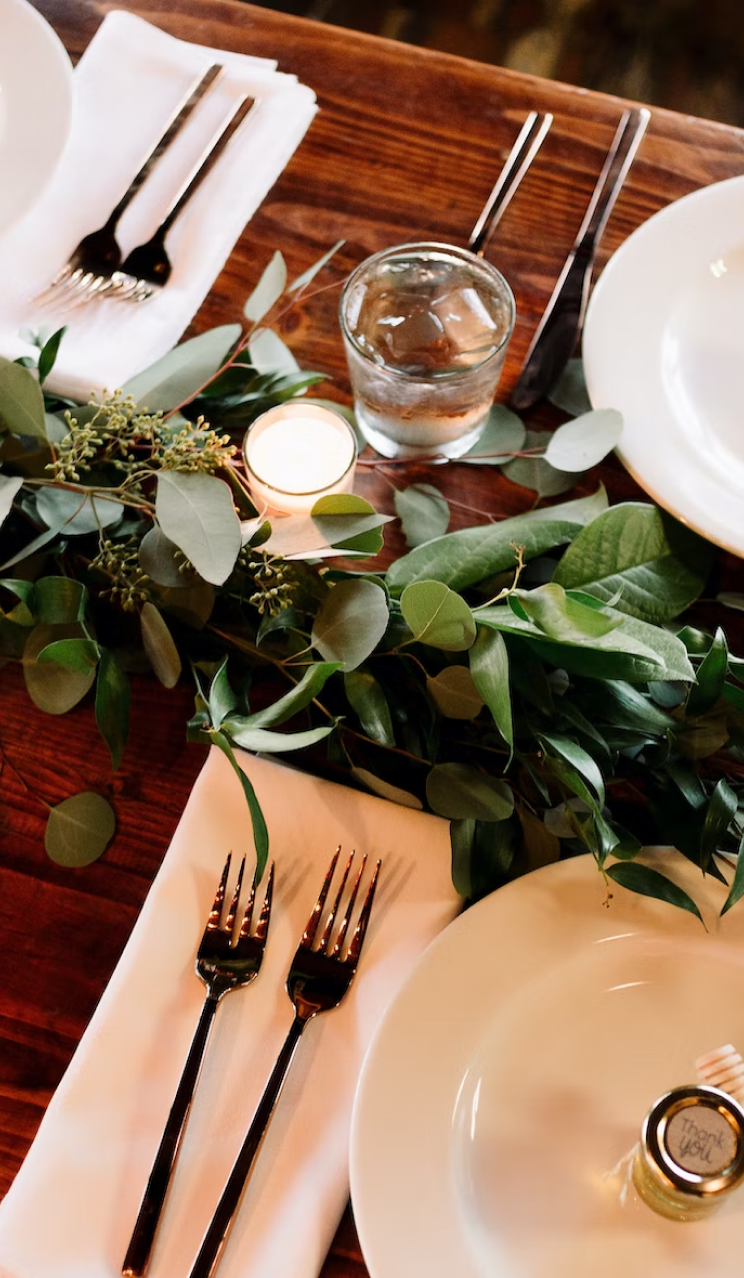I was raised by my grandparents in a home where I always had aunts, uncles, and older cousins live with us. It was in the kitchen where I learnt I was my granny’s favourite — not that she ever mentioned it. In fact, she whooped my ass often enough to make me believe otherwise. But somewhere among the chunks of fish and tiny cuts of bread that she pressed into my palm when no one was looking was the expression of her unmistakable profound affection.
Many evenings, egusi simmered over the charcoal stove, garnished with mushrooms from our backyard, and overpowered the smell of poverty. Somehow, granny brought everything to boil, and the sweet aroma of her cooking made it easier to swallow our lack with tasty contentment.
I remember often sitting under the kitchen table and watching her unwrap and toss bone cuts — àsámó eegun — into the soup on fire as we couldn’t afford the actual meat. And, boy, did I look forward to this weird treat. There was just something interesting about hunting for practically non-existent meat from the unyielding bones, even 30 minutes after you’d cleared your mound of eba.
The kitchen was where I learnt that correcting — albeit harshly — could be a sign of love.
There was one time I ruined the semo for the second time in a row. That was the last bad semo I ever made in my life; my mother’s impatient smack made sure of that. But I remember more fondly her husband, my stepfather’s gentler efforts at improving my cooking. He taught me to make yam porridge, beans, and egusi, and I made them well enough for my younger ones not to puke or sleep in the toilet after eating.
I was fourteen the first time he asked me to make eba. I paced about the kitchen, listless, as the water came to a boil. Which would go in the bowl first, the hot water or garri? The kitchen fails were epic and embarrassing, but I got better with time. Through the sometimes half-done eba and lumpy servings of pap, I slowly found my way out of my culinary cluelessness.
Only after I became an adult did I see my stepmother’s refusal to engage me in the kitchen for the passive-aggressiveness that it was. I would realise, for the first time, that a lot more goes on in many kitchens beyond just cooking. Resentment stews, subtle disdain for your husband’s first child, the apple of his eyes, refusal to eat anything she cooks, zero interest in teaching her to get better, declining her offer to stay in the kitchen to help out. And so I remained a terrible cook until my mother and her husband came into the picture.
The kitchen was also where I met my colleague Henry — where I really met him.
The Henry at work was a simple man, and almost lacking in personality. He did his job, rolled with all of three or four people in the entire office, and that was it. He could vanish off the face of the earth and you wouldn’t even notice his absence.
One thing you could never miss, though, was the prideful hunch of his shoulders whenever he got to talk about his cooking. He got a little more animated, a little more smug, as he declared his next culinary expedition.
In the kitchen we shared at the staff lodge, I would sit on the counter and watch him grate, chop, and fry. Our shared moments at those times were idyllic; we looked like a scene from a movie, and I held every moment in my heart.
“Would you be a sweetheart and pass me the curry in the cabinet?”
I never understood why he got so polite in the kitchen, almost like he became another version of his boastful pre-cooking self, once he actually entered into chef mode. But, of course, I was happy to pass him whatever he needed. It was the small price to pay for hanging around him and learning how best to boil chicken.
Many things have come out of our time together in that kitchen: steaming plates of garnished noodles, rice and egusi, and a beautiful friendship that still feels like the stuff of movies sometimes.
But beyond my personal experiences, I see the kitchen culture in Nigeria and how it continues to drive powerful conversations in society. Why do we raise boys like they’re too dignified to bother with kitchen affairs? What about the double standards of inviting women to cook on their first visit to their prospective in-laws when, in the same scenario, men are treated like important guests? Have you ever heard a parent ask a man to join in the household chores on his first visit?
Only last year, while fellow feminists on my Facebook timeline criticised the double standards and subjection of women to these kitchen tests, I found myself wondering what was so wrong about a woman bonding with her son’s lover over a boiling pot of soup for dinner. It’s only the lady’s first visit — and so what? Why must we read bad meanings into everything?
In retrospect, I wonder if I wasn’t only reasoning as a desensitised survivor of a dysfunctional childhood. Perhaps I saw disrespect as a gesture of love and acceptance because I knew that as a child, I would’ve loved a chance to bond with my stepmother over cooking. What if the psychological implication of my childhood rejection is a forever-broken capacity for sniffing and rejecting certain shades of bullcrap? Will my subconscious recourse always be to seek acceptance and validation even in places where I am being disrespected?
I guess I have the rest of my life to figure it out.










